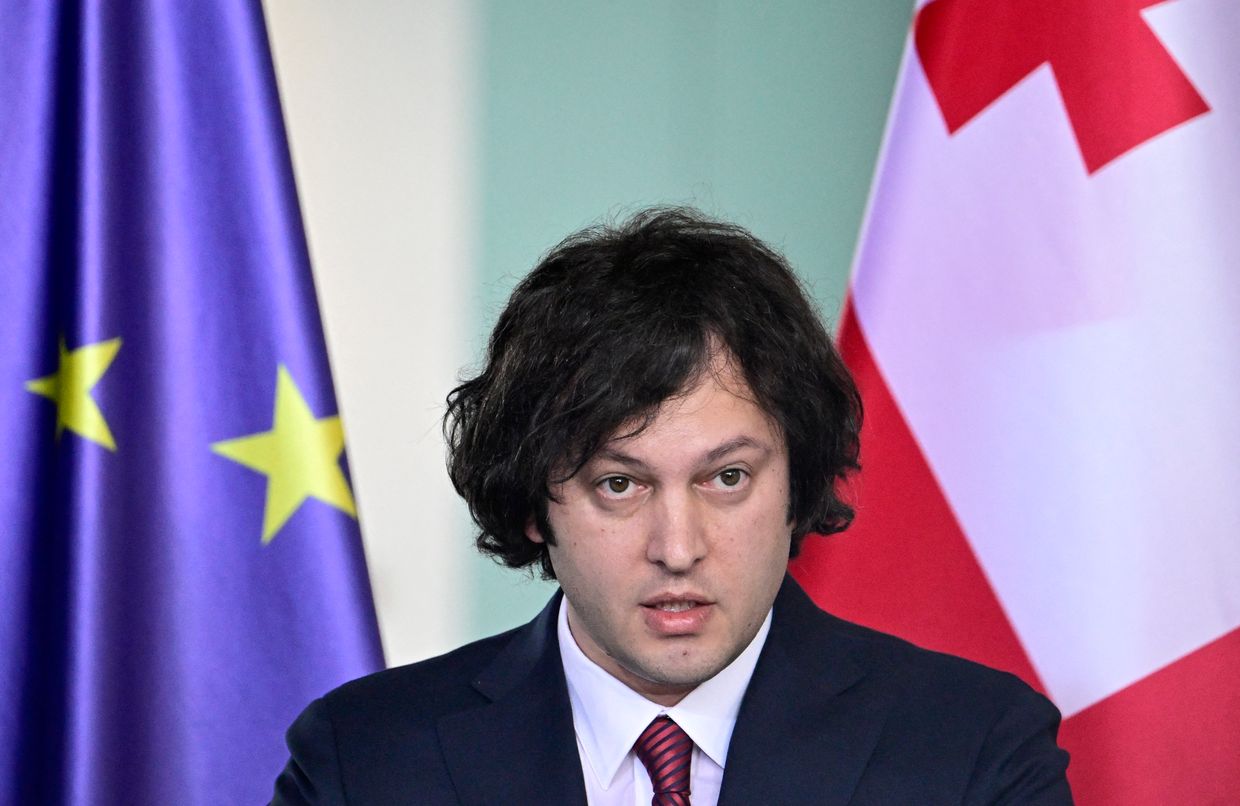US announces sanctions against Georgian officials for human rights abuses

The U.S. Treasury Department announced on Sept. 16 a new tranche of sanctions targeting Georgian officials and two private citizens characterized as "extremists" for their role in human rights abuses.
"Today's action underscores our concern about the consequences of anti-democratic actions in Georgia and efforts by key individuals to use violence and intimidation to achieve their aims," said Treasury official Bradley Smith.
Concerns about Georgia's democracy have reached a fever pitch after the ruling Georgian Dream party passed the foreign agents law, which requires organizations that receive foreign funding to be labeled as "foreign agents" and mirrors repressive Russian legislation used to crack down on Kremlin regime critics.
The U.S. previously announced travel restrictions in May for Georgian officials deemed to be responsible for "undermining democracy" in the country.
The latest round of measures was targeted at officials and citizens associated with "violently suppressing the exercise of the freedom of peaceful assembly of Georgians engaged in the democratic process and peaceful expression."
It was the first tranche of sanctions that explicitly targeted officials by name.
The Treasury Department specified that the abuses occurred during the historic protests that continued for months against the passage of the foreign agents law earlier in 2024.
The violence against protesters was directed by Georgia's Interior Ministry and "overseen by the Chief of the Special Task Department, Zviad Kharazishvili, and his Deputy, Mileri Lagazauri," the Treasury Department said.
Kharazishvili, known popularly in Georgia as Khareba, "is well known for his punitive actions against political opponents and has been personally involved in the physical and verbal abuse of protestors."
Aside from the officials, the Treasury Department also announced sanctions against two private citizens, Konstantine Morgoshia and Zurab Makharadze, associated with the far-right and pro-Russian group Alt-Info, perhaps best known for organizing violence against the country's LGBTQ community.
"The ultimate goal of sanctions is not to punish, but to bring about a positive change in behavior," the Treasury Department said.













